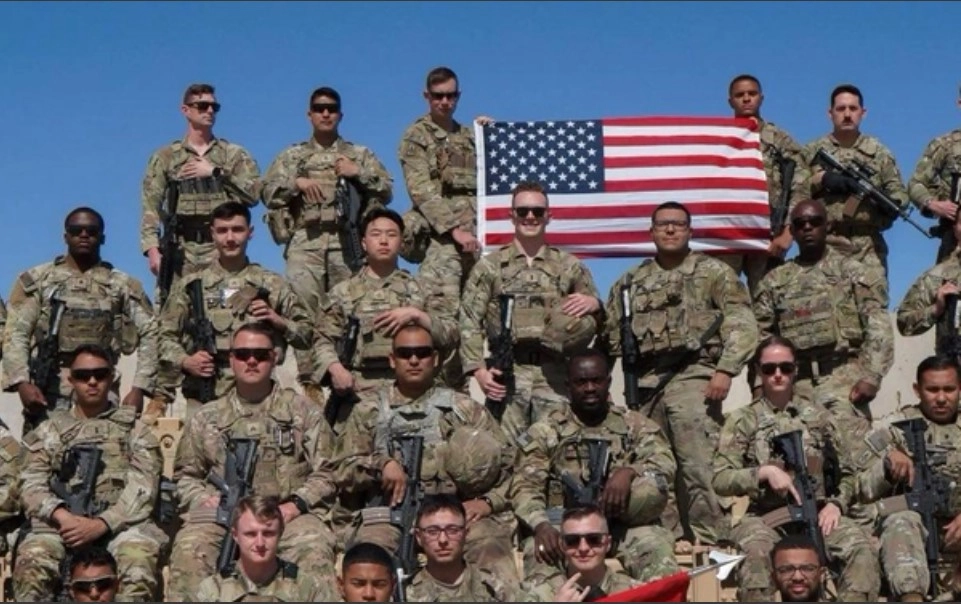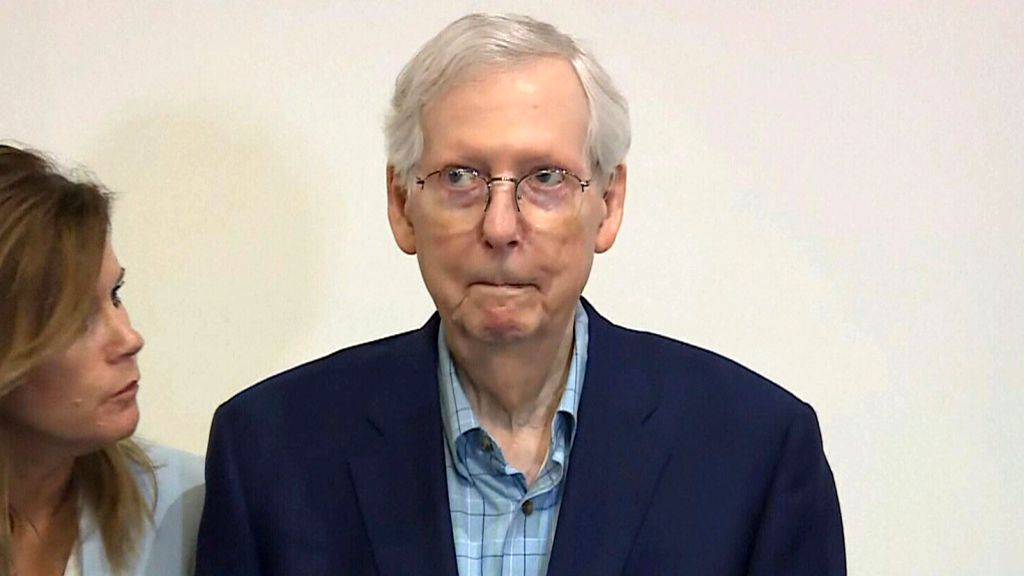Put a two-year draft intro effect, and things will ‘get real,’ real quick.
As a career military officer who served in Iraq and Afghanistan a total of seven times, I infinitely prefer an all-volunteer military force. In any profession, dealing with people who want to be there, and want to be there for the long run, makes life a whole lot easier for everyone. But now things have become too easy. It’s too easy for us to go to war, and stay at war; it’s too easy for us to recklessly create huge deficits in support of these wars, and it’s too easy for the American people to forget about those who go to war on their behalf. That needs to change. One of the best ways to do that is to use an instrument that’s been gathering dust in our national policy toolbox since the 1970s: the wartime military draft.
Framing the Issue
I want to make it clear what I’m calling for here: I’m not suggesting compulsory, nationwide national service, although I do think a program like the Franklin Project would be a great thing for our country. I contend that a limited military draft of two years in duration, covering both men and women, should go into effect any time a military conflict lasts longer than 180 days and involves the deaths of more than 1,000 U.S. service members. Why two years? To ensure an adequate level of utility out of trainees: eight months of training, one year of deployment, and four months of redeployment, recovery, and out-processing. Why 180 days? Because the U.S. military should be able to convincingly handle any “non-war” problem in less time than that, and after 180 days on the ground the expense, and the body count, can start rising very quickly. Why 1000 deaths? Because that’s what the people who study this kind of thing used to separate wars from non-wars.
Here’s Why We Need a Draft
Having established what we should do, it’s time to address the why. Some degree of compulsory wartime service will ensure that as a nation we fight fewer wars, the wars we do fight will be shorter, and the American people will start taking an interest in whose asses we are kicking, and why. More importantly, it will make it much more likely that will we commit to winning the wars we choose to fight, instead of frittering away money, manpower, and national prestige by engaging in costly conflicts and ruinous “nation-building” misadventures. It will also help bring the nation closer and reinforce our national identity. Finally, it will help distribute the physical and emotional costs of warfare in a more equitable manner, providing at least the potential to reduce the security free-riding happening in America.
By Scott Faith and Battlefields Staff








